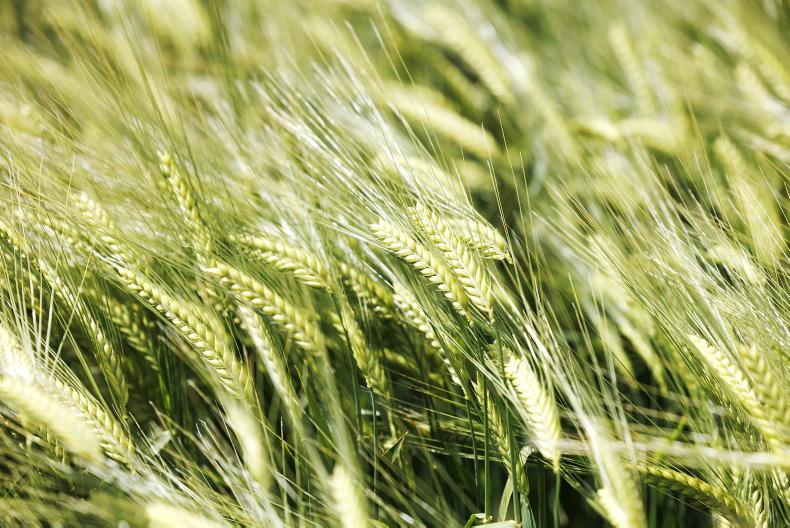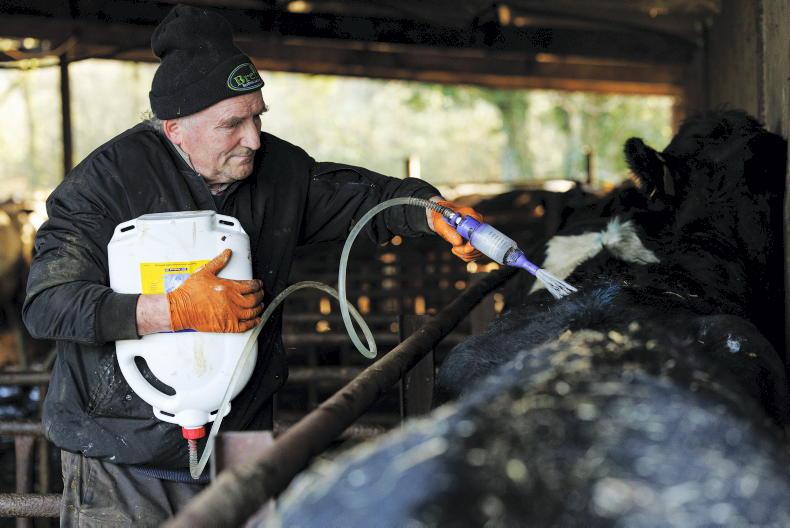At the National Fodder and Food Security Committee meeting on Thursday 13 April, Sheila Nolan from the Department of Agriculture reported that fertiliser imports are down in 2022/2023 compared with 2021/2022.
However, the fertiliser industry was clear that fertiliser is currently not scarce in the country.
From 1 August to 31 March each year, approximately 1.1 million tonnes of fertiliser are generally imported into the Republic of Ireland.
Noting that the Department is awaiting the most up-to-date figures, the official explained that to the end of January, 560,000t were imported, down from 680,000t the previous year.
Factors
Nolan explained that sales are also down due to a number of factors, adding that there is a concern around the logistics of getting fertiliser on to farms when the majority of people want it in a short window of time.
For the first quarter of the 2022/2023 year, from 1 October to 31 December sales were up by 47%, as farmers worried about supply issues. However, it should be noted that this quarter usually only accounts for about 4% of total yearly sales, so this increase is from a low base. Nutrient sales in that quarter were up 59%.
Fertiliser suppliers at the meeting agreed that logistics would be an issue, as farmers are generally buying fertiliser as they need it. They noted that there is a lead time on ships of about one month.
Farm organisations
A number of the farm organisations at the meeting commented that farmers were not happy with the current situation on fertiliser prices.
Some accused fertiliser suppliers of scaremongering and worried that the message coming from the meeting was that it will be hard to get fertiliser in the coming weeks.
However, fertiliser suppliers noted there is no issue around fertiliser supply for April. Members of the industry said that fertiliser is not scarce, but the lead times on shipping was an issue.
Data
The Department of Agriculture noted that while up-to-date figures were not available at present, the national fertiliser database will provide this information in the future.
The Department will also collect import data currently available from Revenue and the Central Statistics Office.









SHARING OPTIONS